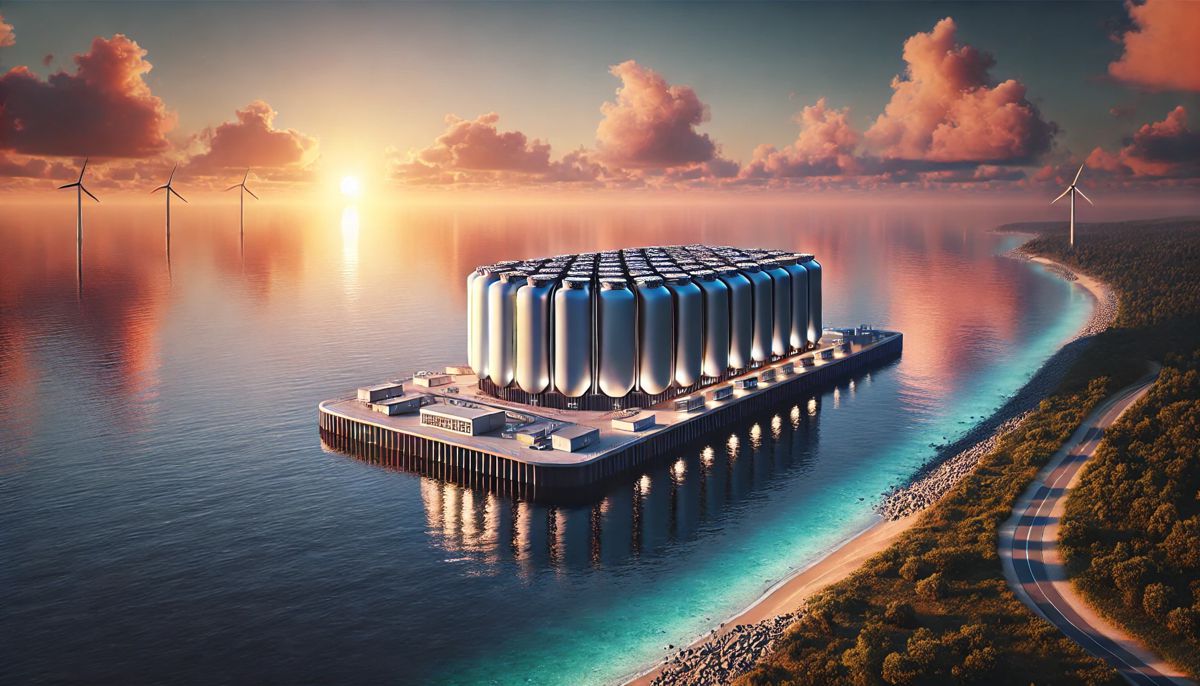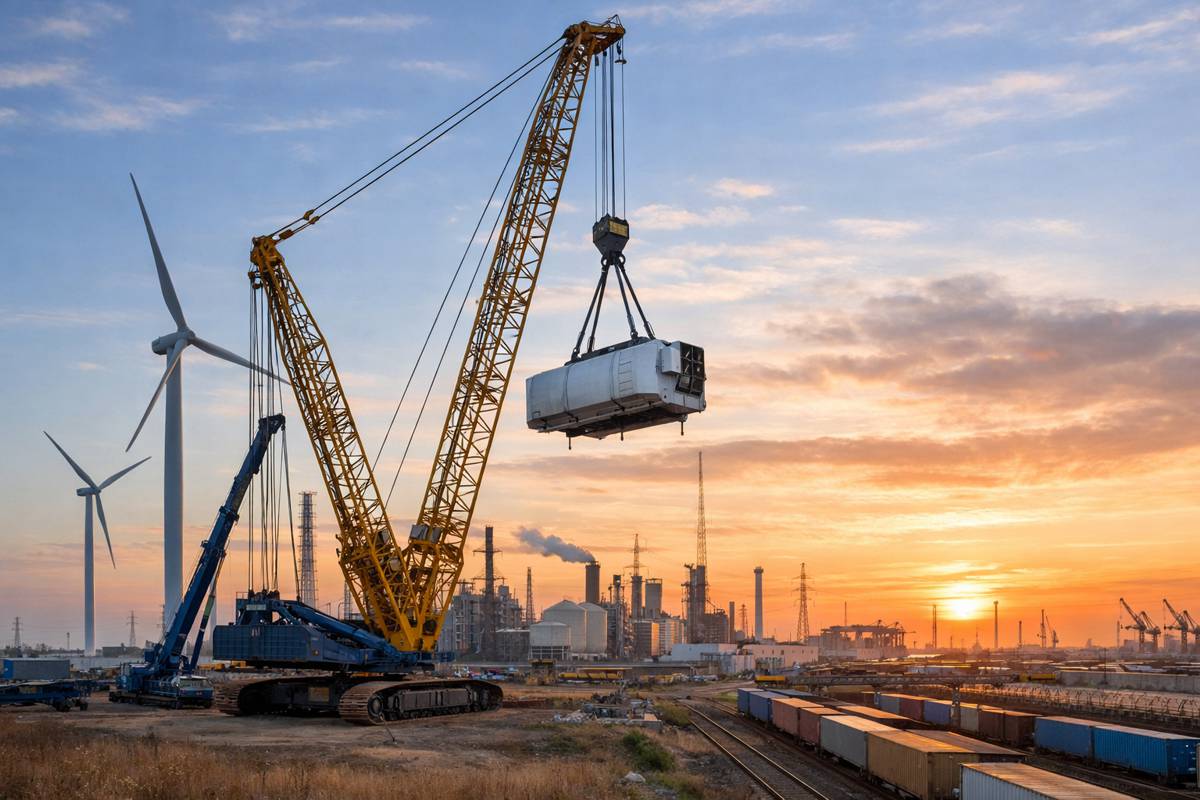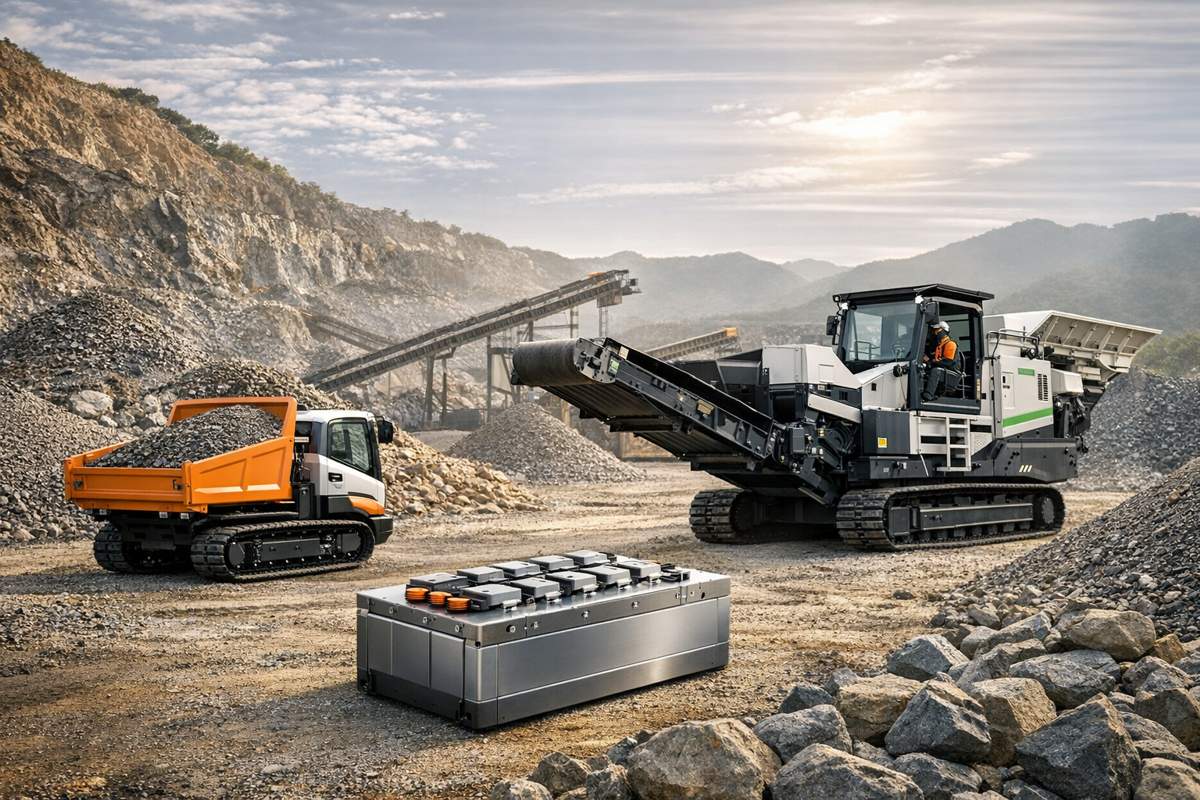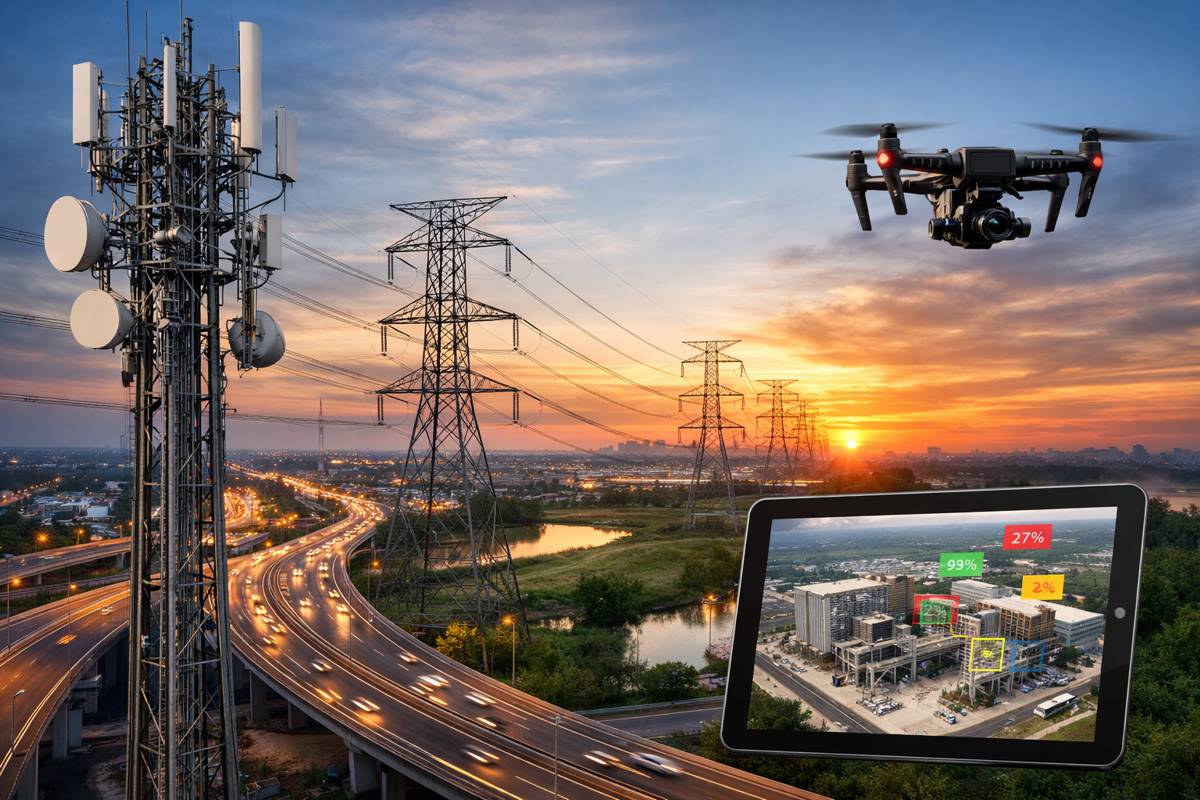Transforming Coastal Power With Revolutionary Floating Nuclear Plants
The energy sector is no stranger to disruption, but the partnership between Westinghouse Electric Company and CORE POWER marks a ground-breaking shift in how we think about nuclear energy. Together, these innovators are redefining the potential of clean energy with the development of Floating Nuclear Power Plants (FNPPs) powered by the cutting-edge eVinci™ microreactor.
This cooperative agreement isn’t just another technological advance—it’s a bold leap toward sustainable energy solutions tailored for coastal and maritime applications. With its promise of cost-efficient, transportable, and carbon-free energy, the FNPP concept is poised to power remote communities, ports, islands, and industrial hubs with unmatched reliability and efficiency.
Floating Nuclear Power Plants
Floating Nuclear Power Plants are a marvel of modern engineering. Unlike traditional nuclear facilities, FNPPs are built in shipyards, leveraging scalable, modular designs that allow them to be transported and deployed with ease. Once operational, these plants can supply uninterrupted power to areas with limited energy infrastructure or space constraints.
At the heart of this innovation is the eVinci microreactor, a compact nuclear power source designed to operate for over eight years without refuelling. Think of it as a “nuclear battery” that delivers up to 5 megawatts of electricity or high-temperature heat for industrial use. Unlike traditional reactors, it eliminates the need for complex cooling systems by employing heat pipe technology, which passively transfers heat from the reactor core to a power conversion system.
“Scaling nuclear energy is critical to achieving net-zero emissions,” explained Mikal Bøe, CEO of CORE POWER. “By delivering multiple installations of Westinghouse’s eVinci microreactor via turnkey FNPPs, we’re creating a unique opportunity to provide clean, reliable energy that’s both flexible and timely.”
Heat Pipe Technology
One of the standout features of the eVinci microreactor is its reliance on heat pipe technology. This tried-and-tested method simplifies heat transfer without requiring pressurised systems or water cooling. The result? A robust, low-maintenance energy solution that’s particularly well-suited to maritime environments, where operational resilience is paramount.
What makes this technology even more compelling is its versatility. The eVinci system is not just about electricity—it also generates high-temperature heat for industrial applications like hydrogen production. By supporting a diverse range of energy needs, it’s carving a niche for itself in sectors ranging from mining and defence to remote community power systems.
Tackling Licensing and Regulatory Challenges
While the engineering is revolutionary, the regulatory landscape poses its own set of hurdles. Recognising this, Westinghouse and CORE POWER are working collaboratively to develop a streamlined approach for licensing FNPPs. This effort aims to ensure these systems meet international safety standards while expediting deployment timelines.
“As pioneers in nuclear innovation, we’re excited to demonstrate the versatility of eVinci technology,” said Jon Ball, President of eVinci Technologies at Westinghouse. “This partnership allows us to address critical energy needs in remote and land-constrained areas while paving the way for potential applications in disaster relief.”
A Future Beyond Earth?
Intriguingly, the potential applications of the eVinci microreactor extend well beyond Earth’s borders. With its compact design and operational resilience, the technology is being explored for future lunar bases, offering a dependable power source for off-world habitats. This forward-thinking approach underscores Westinghouse’s commitment to advancing nuclear innovation on a global—and even interplanetary—scale.
Closer to home, however, the focus remains on using FNPPs to meet growing energy demands while supporting decarbonisation goals. Whether it’s powering a remote Arctic outpost or providing emergency energy relief after a natural disaster, these plants represent a new frontier in clean energy deployment.
Why Floating Nuclear Power Plants Matter
The environmental and economic advantages of FNPPs are hard to ignore. Here’s why they’re a game-changer:
- Carbon-Free Energy: As countries aim to reduce greenhouse gas emissions, FNPPs offer a scalable, carbon-free solution to meet energy demands.
- Transportability: Factory-built and containerised, these plants can be shipped anywhere, making them ideal for remote or disaster-prone regions.
- Cost Efficiency: By standardising production in shipyards, FNPPs cut costs and deployment times compared to traditional nuclear facilities.
- Energy Security: Offering reliable, long-term power generation, FNPPs bolster energy resilience in vulnerable areas.
Westinghouse and CORE POWER
Few names in the energy sector carry as much weight as Westinghouse Electric Company. With a legacy spanning over 135 years, the firm has been a trailblazer in nuclear technology, delivering innovations that power nearly half of the world’s nuclear plants. From its first commercial reactor in 1957 to today’s eVinci microreactor, Westinghouse continues to shape the future of clean energy.
On the other side of this partnership, CORE POWER is spearheading a Maritime Civil Nuclear Programme designed to revolutionise energy delivery for heavy industries and maritime applications. By leveraging shipyard manufacturing and scalable nuclear technology, CORE POWER aims to make nuclear energy accessible, affordable, and adaptable.
Paving the Way for a Cleaner Tomorrow
As the global demand for clean, reliable energy intensifies, the collaboration between Westinghouse and CORE POWER offers a glimpse into the future of nuclear innovation. By combining state-of-the-art technology with practical, scalable solutions, they’re not just meeting today’s energy challenges—they’re anticipating tomorrow’s.
Floating Nuclear Power Plants could soon become a cornerstone of sustainable energy strategy, providing a lifeline for coastal communities, industrial hubs, and beyond. With the eVinci microreactor at the helm, this partnership is setting the stage for a cleaner, more resilient energy future.




















